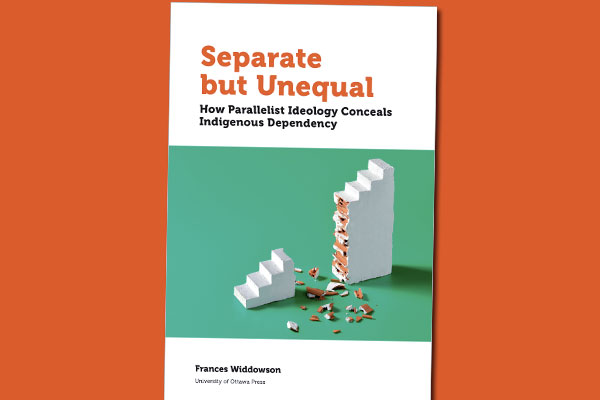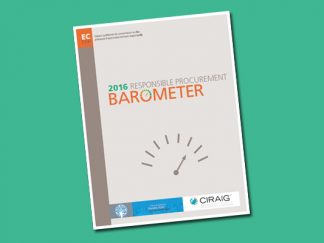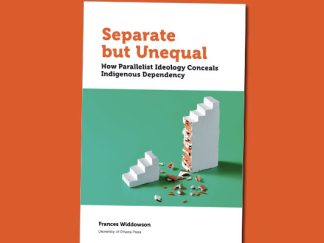Description
Separate but Unequal: How Parallelist Ideology Conceals Indigenous Dependency: Abstract
Separate but Unequal provides an in-depth critique of the ideology of parallelism—the prevailing view that Indigenous cultures and the wider Canadian society should exist separately from one another in a “nation-to-nation” relationship.
Using the Final Report of the Royal Commission on Aboriginal Peoples as an example, this historical and material analysis shows how the single-minded pursuit of parallelism will not result in a more balanced relationship between Indigenous and non-Indigenous peoples. On the contrary, it merely restores archaic economic, political, and ideological forms that will continue to isolate the Indigenous population.
This book provides an alternative framework for examining Indigenous dependency. This new perspective—the political economy of neotribal rentierism—shows that Indigenous Peoples’ circumstances have been inextricably linked to the development of capitalism in Canada. While Indigenous Peoples were integral participants in the fur trade, the transition from mercantilism to industrial capitalism led to their marginalization.








Reviews
There are no reviews yet.